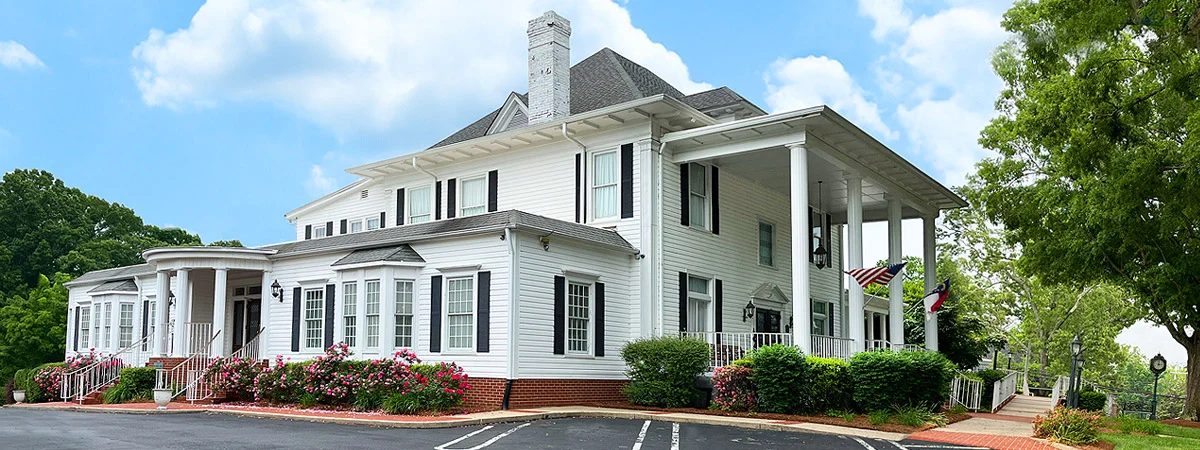Many funeral homes unknowingly operate with significant insurance gaps, leaving them vulnerable to costly risks and liabilities. Understanding these gaps is crucial to safeguarding your business and reputation.
Unseen Risks Lurking in Funeral Home Operations
Funeral homes provide essential services with compassion and professionalism, but their day-to-day operations expose them to unique risks that are often overlooked. Employee injuries, client property damage, cyber/data breaches, reputational liability, and equipment failure can all result in substantial financial losses and operational disruption if not properly insured.
While the solemn nature of funeral services might suggest a lower risk environment, the reality is quite different. Staff regularly handle heavy equipment, hazardous chemicals, and sensitive client property, all of which carry inherent dangers. Additionally, the increasing reliance on digital systems for client management and recordkeeping introduces new vulnerabilities that traditional insurance may not address.
Why Standard Insurance Policies Aren’t Always Enough
Many funeral homes rely on general business insurance policies, assuming these provide comprehensive protection. However, standard policies often contain exclusions or sublimits that leave critical exposures uninsured. For example, general liability insurance may not cover damage to clients’ personal property in the care of the funeral home, nor will it typically address cyber risks or reputational harm stemming from a service incident.
Furthermore, workers’ compensation policies may have limitations regarding claims related to specialized tasks, such as embalming or operating crematory equipment. Without tailored endorsements, funeral homes may find themselves responsible for significant out-of-pocket costs following a claim that falls outside standard coverage.
Specialized Coverage Needs for Funeral Service Providers
The complex nature of funeral home operations demands insurance solutions beyond the basics. For instance, coverage for employee injuries should include provisions for occupational hazards unique to the industry, such as repetitive strain injuries or chemical exposure. Property insurance should extend to cover client belongings temporarily in the funeral home’s custody, ensuring their loss or damage does not result in liability.
Cyber liability insurance has become essential, offering protection against data breaches, ransomware attacks, and unauthorized access to sensitive client information. Additionally, reputational liability coverage helps mitigate the impact of negative publicity or social media incidents that could harm the funeral home’s standing in the community.
Equipment breakdown insurance is another frequently overlooked necessity. Cremation chambers, refrigeration units, and transport vehicles are integral to operations, and a failure could result in service disruptions and significant repair costs not covered by standard property policies.
Legal Liability and Unexpected Exposures
Legal liability for funeral homes extends beyond traditional slip-and-fall incidents. Mishandling of remains, errors during services, or even unintentional breaches of client confidentiality can lead to lawsuits and regulatory scrutiny. These exposures often fall outside the scope of standard liability policies, highlighting the importance of specialized funeral services professional liability insurance.
Moreover, with the rise of digital platforms and online reviews, a single negative incident can quickly escalate, affecting the funeral home’s reputation and client trust. Without reputational risk coverage, recovering from such events can be challenging and costly.
Steps to Secure Comprehensive Protection for Your Funeral Home
To address these hidden insurance gaps, funeral home operators should conduct a thorough risk assessment in partnership with an experienced insurance broker who understands the industry’s nuances. Reviewing current policies for exclusions and limitations is a critical first step in identifying vulnerabilities.
Next, work with your broker to customize coverage to your specific operations. This may include adding endorsements for client property, securing cyber and reputational liability policies, and ensuring equipment breakdown is adequately insured. Ongoing education and staff training in risk management practices can further reduce exposure and support a proactive approach to loss prevention.
Finally, regularly updating your insurance program as your operations evolve ensures ongoing protection against emerging risks. Comprehensive coverage not only safeguards financial stability but also upholds the trust and confidence of the families you serve.


